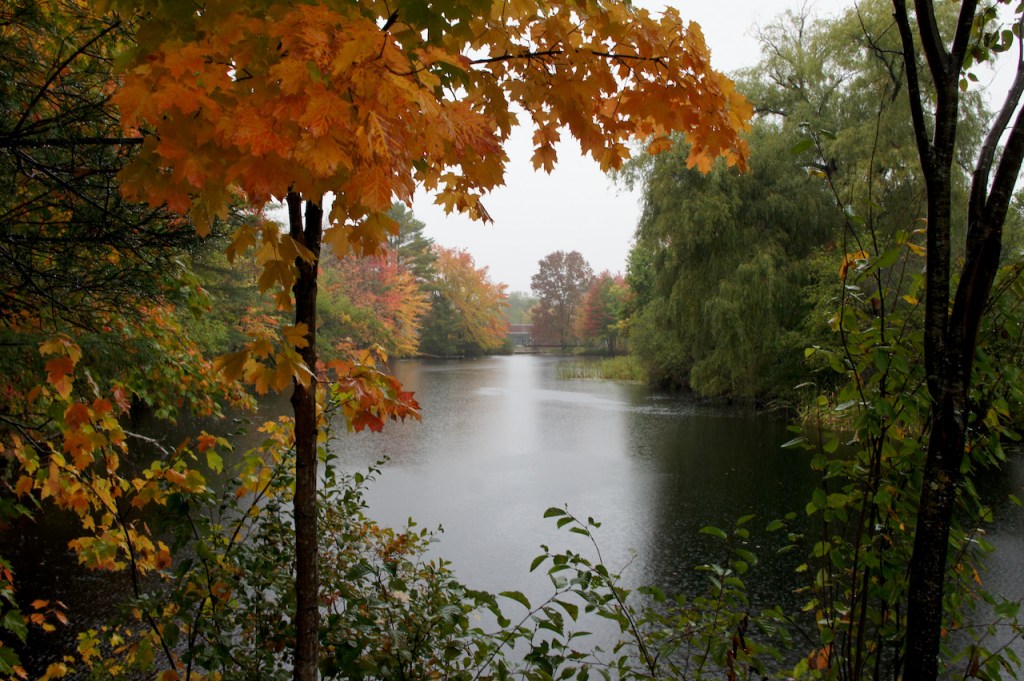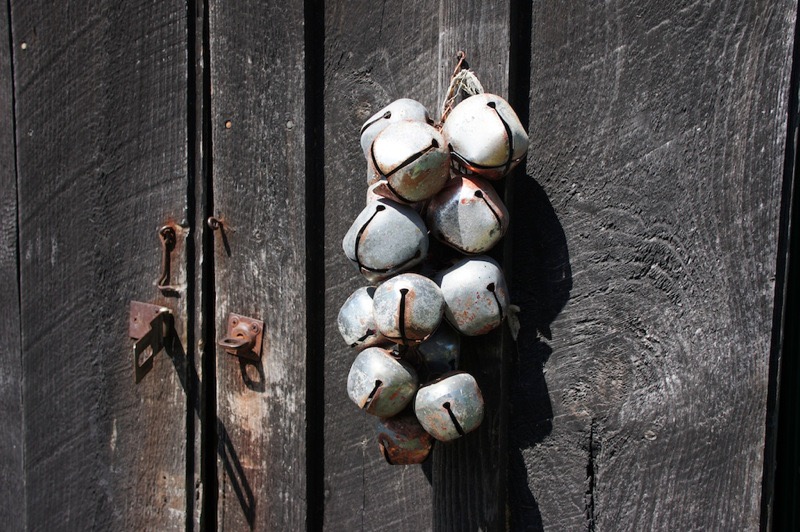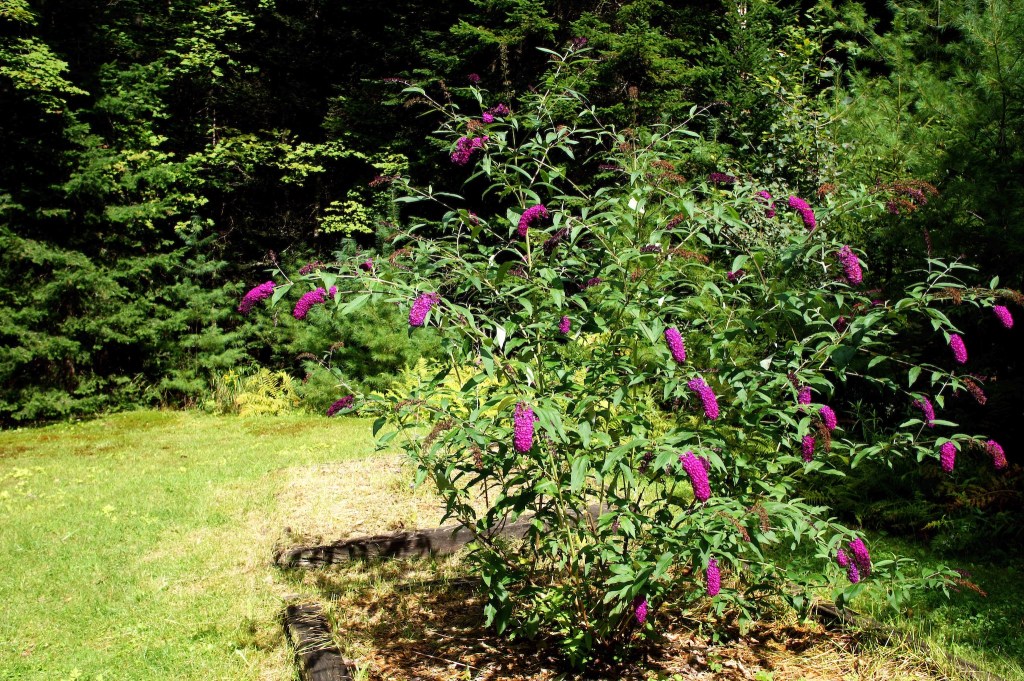
these truths
The Cross
making spirits bright
duck pond
butterflies welcome
collecting cemeteries
Any bets ?

Here, in this emblem of life and barn, find slow physical ruin viewed on a somber day. This scene is the old age of Aroostook County, and of aged out farms in Western Maine, breeding such grace as to make one almost desire such a lingering passage. I cannot view it without elegy. Someone, Somewhere, finds it precious, grave and true.
There is another anomaly in Aroostook: a vast difference in snowfall amounts between Caribou and Presque Isle, the former only twelve miles north of the latter. Over a thirty-seven year period the recorded difference between these two towns was a whopping 27 inches. Readings taken at the two area airports showed that Presque Isle’s average annual accumulation was 93 inches, while Caribou’s was 120 inches. That’s nearly seven-and-a-half compared with ten feet of snow on the roof each year. Like The County itself, each house might have its own mini glacier. In the Western Mounaint we are in the same snow belt. This barn is adjacent to our local airport and runway.
The barn, final most massive structure of Maine’s old extended dwellings, is telling. In it animals sheltered, grain crops were stored, the agricultural function of the home being uppermost, the arrangement accommodating that business and life. Historically the business of the day was (and still is) food. As ever, nothing in life was more regular and central than the necessity of eating, but back then it showed in the very structure of house and barn.
Here, near the Androscoggin (out of sight and sound beyond the fields), you come upon a field of hay—sometimes freshly mown and turned. The rich, cut-hay smell was heavy. Sinuous mountains of overturned green life waiting to be bundled and thrust into barns.
I’m reminded of 1936 Pulitzer Prize winner Robert P. Tristan Coffin—his poetry and prose. So good were his words that I did not want to come to the end of them. His subject, and the title of one of his pieces, was “Cathedrals of the North,” a celebration of the Maine barn and the “worship” performed within. He wrote about the fullness of summer being brought into the barn and stored against the leanness of winter. The grass of summer is fed to patient beasts under the farmer’s care, the care of Coffin himself.
What words! Speaking not only of things physical, but of spiritual states, showing how the good and sweet in life are stored in memory and released in thanksgiving during hard times when they must be remembered and revered in order to revive the spirit. If the Pulitzer Prize were given to such words and spirit today!
Spiritual winter may be the only thing humans have deeply to remember their constant dependence on God. In the spiritual summer this is but dimly perceived. The cow grazes peacefully on the open green hill and likely does not remember the farmer’s labor for her. But in winter she sees him fork down the hay and shovel out grain. Then her worship is more heartfelt, sure.
© S. Dorman, Maine Metaphor. Used with permission of Wipf & Stock Publishers.
visiting the eastern uplands






